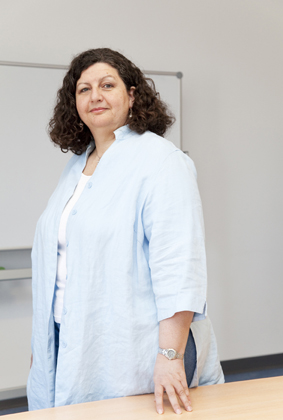HES-SO is the largest university of applied sciences (UAS) in Switzerland and the second largest higher education institution of the country, with more than 21’000 students and 25 schools located in 7 cantons. HES-SO is organised in six faculties: Design & Visual Arts, Business Management & Services, Engineering & Architecture, Music & Performing Arts, Health and Social Work, and education and research are oriented towards practical applications in the same áreas. HES-SO offers a large variety of education programs: 46 Bachelor degrees, 22 Master degrees and 255 continuing education courses. HES-SO collaborates closely with SMEs, and its R&D also extends to certain aspects of industrial-scale production. HES-SO undertakes research projects with a wide range of partners in Switzerland and abroad. HES-SO has been involved in European Framework Programmes since 1998. It is more particularly the School of Business Administration – Geneva (HEG-Geneva) in canton Geneva, which is involved in this project. HEG Geneva offers 4 bachelor degrees, in Management and Economics, Information Science, Information Systems and International Business Management. It also offers 2 Master degrees, one in Business Administration and one in Information Sciences, as well as more than 30 continuing education programs

Dr Sabine Emad, the key person involved in this project, is a marketing professor at HEG Geneva, HES-SO. She is a member of the board of directors of the Marketing Educators association since 2012. She has obtained her PhD in 2014 by developing an innovative teaching method in the metaverse, more specificall in the virtual world of Second Life. The subject of her thesis was: “Leveraging sandbox immersive 3D virtual worlds to develop do-it-yourself teaching games: implementation to marketing case study teaching in second life”. The outcome of this thesis was the development of an interactive method, through which students could collect case information interactively in the virtual world of Second life. This method was used with undergraduate as well as graduate students, within one campus as well as virtually across two campuses, one in Australia (University of Western Australia in Perth) and one in Switzerland (HEG Geneva-HES-SO), and with small and large classes involving up to 250 students. This teaching method won the inaugural first prize of the “innovation in case teaching competition” from “the Case Center” in 2012.